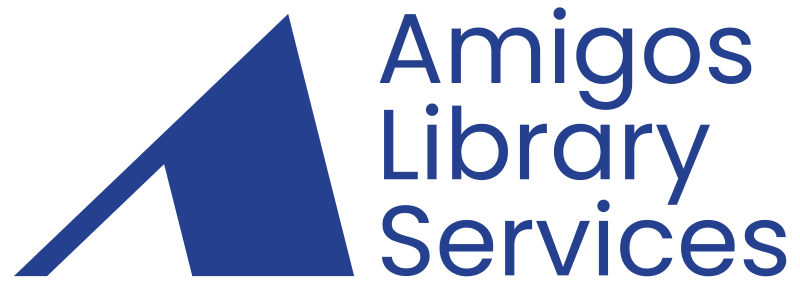The Usable and Accessible Library Space
A primary goal for librarians is to connect people with the information that they need. While librarians play a very large part in this process, we must not forget the role of library spaces. Libraries should be attractive, yes, but above all, they should be usable and accessible to all patrons. Develop the fundamentals for conducting a usability and accessibility audit for library spaces that will yield solutions for improving library layout, signage, and services, thus optimizing its usage.
